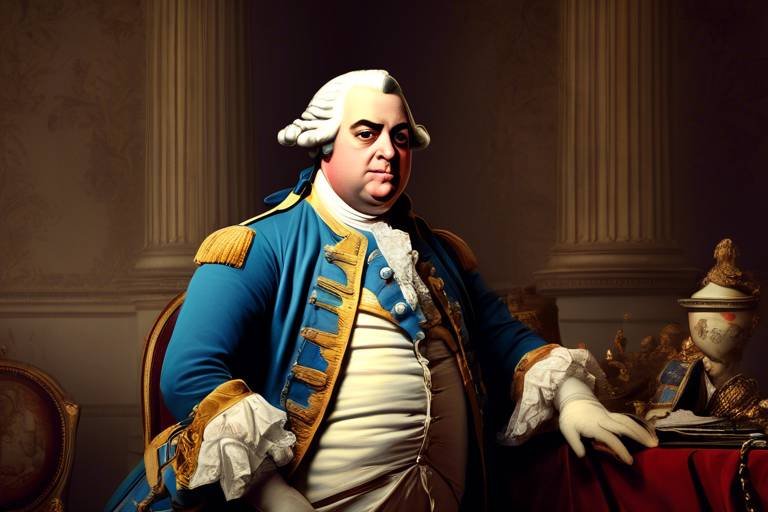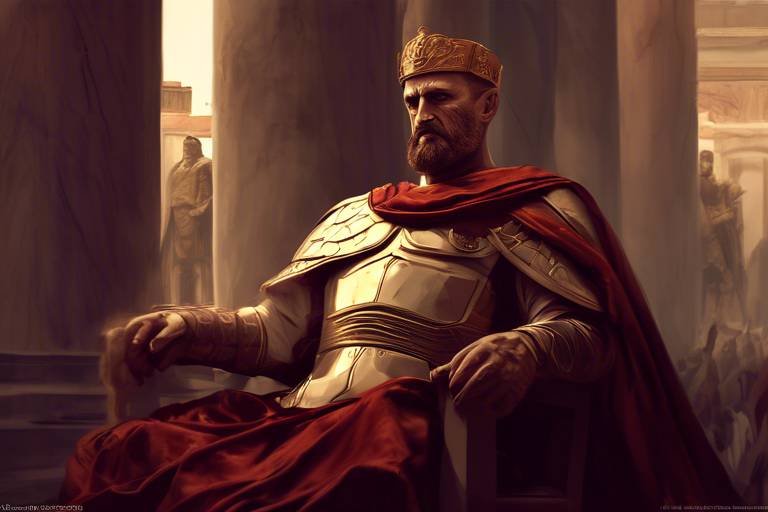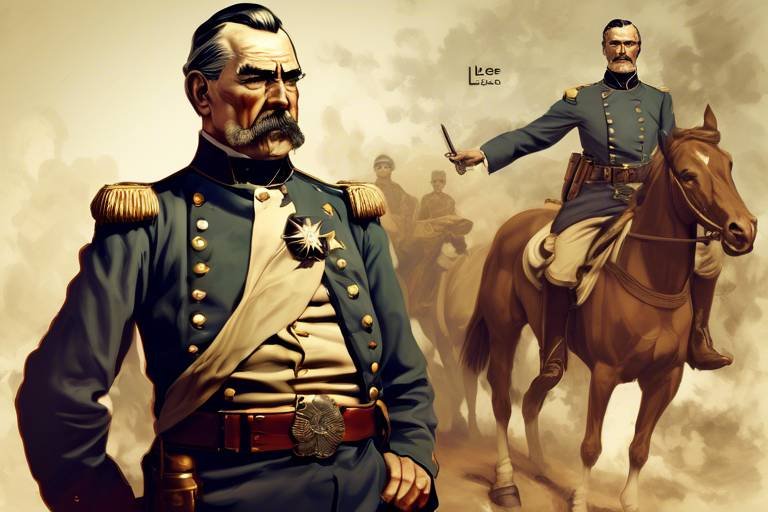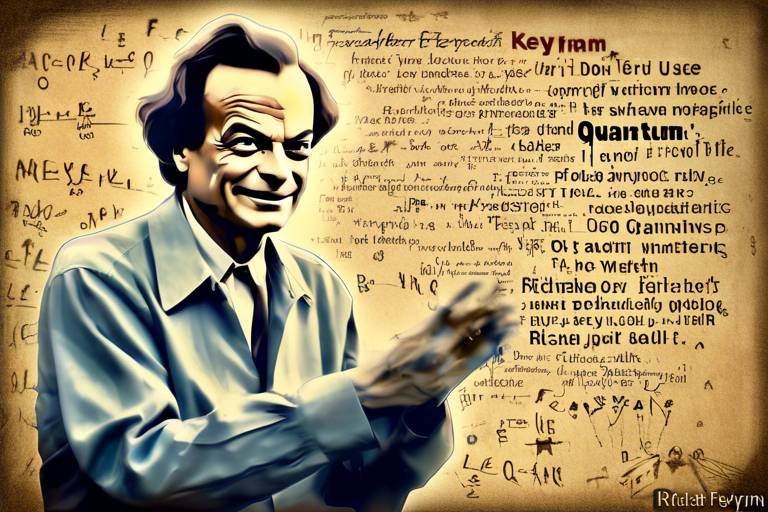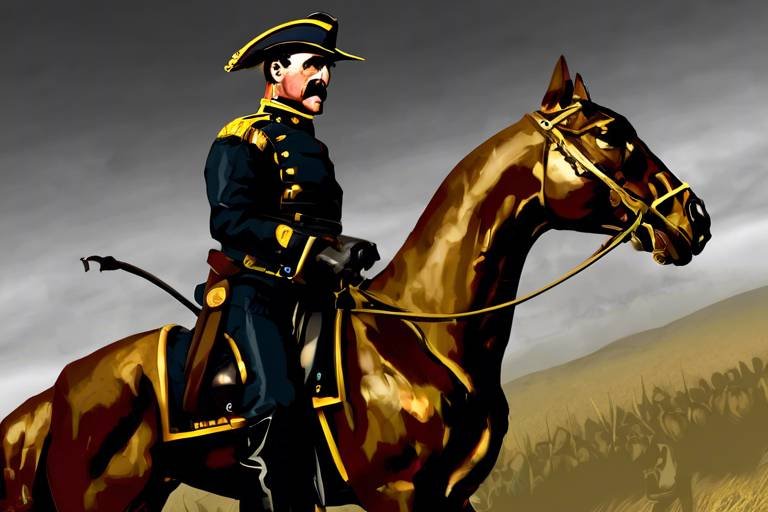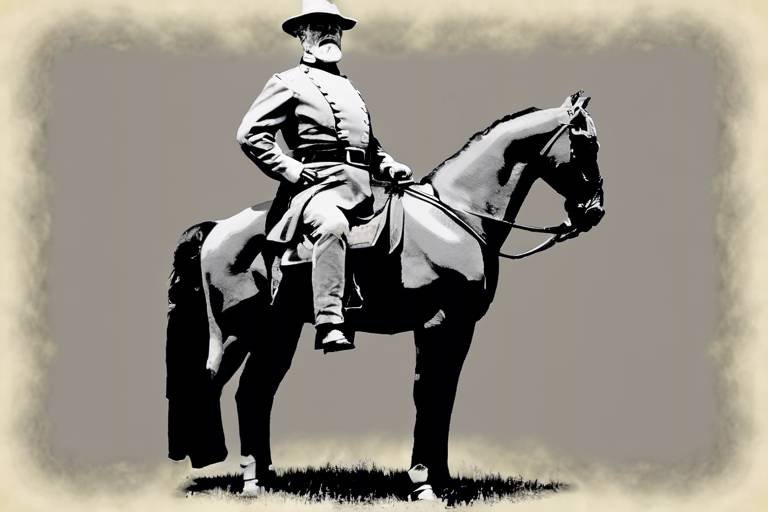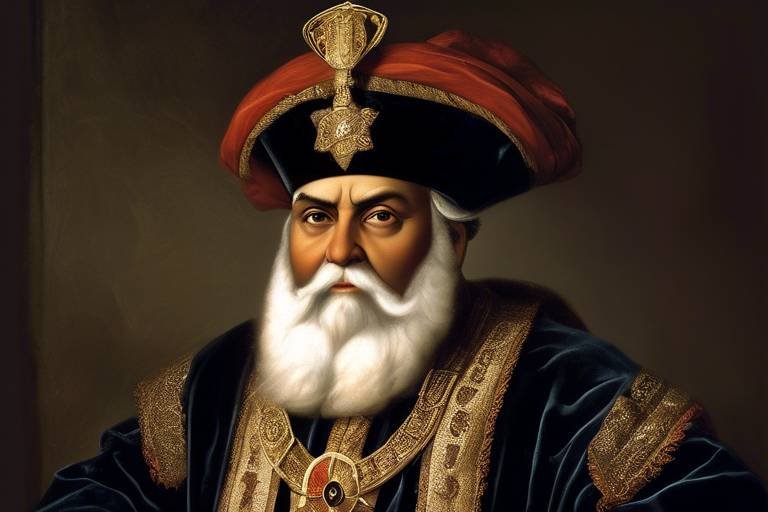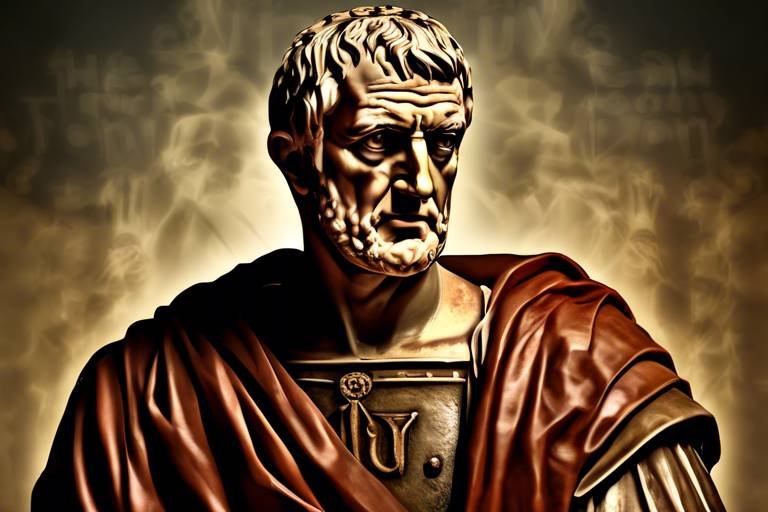Louis XVI: The Last King of France
Louis XVI, the final monarch of France before the tumultuous French Revolution, is a figure shrouded in both grandeur and tragedy. His reign marked the end of an era for the French monarchy, facing unprecedented challenges that ultimately led to his demise. Let's delve into the life and legacy of Louis XVI, a king whose fate became intertwined with the fate of a nation on the brink of transformation.

Early Life and Ascension to the Throne
Louis XVI, born Louis-Auguste, was the third son of the Dauphin of France. His early life was overshadowed by the death of his father, making him the new heir to the throne at the young age of 11. Despite his reserved and introverted nature, Louis XVI was thrust into the world of court politics and royal obligations. In 1770, he married Marie Antoinette, the Archduchess of Austria, in an attempt to strengthen diplomatic ties between France and Austria. Little did he know that this union would later become a source of controversy and criticism.
Ascending to the throne in 1774 at the age of 20, Louis XVI inherited a kingdom burdened by debt, social inequality, and political unrest. His reign began with high hopes for reform and modernization, but he soon found himself ill-equipped to handle the mounting challenges facing France. The influence of his advisors, his indecisiveness, and his lack of charisma all contributed to a growing discontent among the French population.
As the ruler of a nation on the brink of revolution, Louis XVI struggled to navigate the complex web of political factions and competing interests. His attempts to implement financial reforms, such as convening the Estates-General in 1789, only served to exacerbate tensions and ignite the flames of discontent among the common people. The lavish lifestyle of the royal court, coupled with the economic hardships faced by the lower classes, further fueled the growing resentment towards the monarchy.
Despite his best efforts to appease the disgruntled populace, Louis XVI's reign was marked by a series of missteps and miscalculations. The outbreak of the French Revolution in 1789 would ultimately seal his fate and bring an end to centuries of monarchical rule in France. The storming of the Bastille, the Declaration of the Rights of Man and of the Citizen, and the abolition of feudal privileges all signaled the irreversible shift towards a new era of republican government.

Political and Economic Challenges
During his reign, Louis XVI faced a myriad of that ultimately contributed to the downfall of the French monarchy. One of the primary issues that plagued his rule was the financial crisis inherited from previous kings. The extravagant spending of the royal court, coupled with France's involvement in costly wars, left the country in a state of economic turmoil. The tax burden fell heavily on the common people, leading to widespread discontent and social unrest.
Moreover, Louis XVI's attempts to reform the tax system and introduce new levies faced fierce opposition from the nobility and clergy, who were reluctant to relinquish their privileged status and tax exemptions. This resistance further exacerbated the financial crisis and deepened the divide between the aristocracy and the commoners. The privileged classes were unwilling to share the burden of taxation, leading to growing resentment among the lower classes.
On the political front, Louis XVI struggled to navigate the complex web of competing interests within the French court and government. The power struggle between the monarchy, nobility, clergy, and emerging bourgeoisie created a volatile political environment fraught with tension and intrigue. The absolutist nature of the monarchy clashed with the enlightenment ideals gaining traction among the educated elite, setting the stage for conflict and revolution.
As the discontent among the populace grew, Louis XVI's authority and credibility as a ruler came under increasing scrutiny. The inability of the king to address the pressing economic issues and implement meaningful reforms further eroded his popular support. The perceived indifference of the royal family to the plight of the common people only fueled the flames of discontent and distrust towards the monarchy.

The French Revolution
The French Revolution was a monumental period in history that reshaped the social and political landscape of France. It marked a turning point in the country's history, challenging the traditional monarchical system and paving the way for modern democracy. The revolution was fueled by a combination of economic hardships, social inequality, and political discontent, culminating in widespread unrest and calls for reform.
At the heart of the French Revolution was the demand for liberty, equality, and fraternity, principles that stood in stark contrast to the absolute monarchy embodied by Louis XVI. The storming of the Bastille in 1789 symbolized the beginning of the revolution, as ordinary citizens rose up against the oppressive regime and demanded change.
As the revolution progressed, Louis XVI found himself increasingly at odds with the revolutionary forces. His attempts to navigate the changing political landscape ultimately proved futile, as he struggled to maintain control and authority in the face of mounting opposition.
The establishment of a constitutional monarchy marked a significant shift in power, limiting the authority of the king and granting more rights to the people. However, tensions continued to escalate, leading to further unrest and instability throughout the country.
Despite efforts to appease the revolutionaries, Louis XVI's position became untenable, culminating in his arrest and eventual trial for treason. The National Convention, dominated by radical revolutionaries, found him guilty and sentenced him to death by guillotine in 1793.
The execution of Louis XVI sent shockwaves across Europe, signaling the end of an era and the dawn of a new age of revolutionary fervor. His death marked the symbolic culmination of the French Revolution, solidifying the principles of republicanism and democracy that continue to shape modern France.

Flight to Varennes
Exploring the life and reign of Louis XVI, the final monarch of France before the French Revolution. Learn about his rule, challenges faced, and ultimate fate during this tumultuous period in French history.
Discover the upbringing and early years of Louis XVI, including his marriage to Marie Antoinette and his unexpected rise to the French throne.
Explore the political and economic issues that plagued Louis XVI's reign, including financial crises, social unrest, and conflicts with the nobility and clergy.
Learn about the pivotal role Louis XVI played in the French Revolution, from the storming of the Bastille to the establishment of a constitutional monarchy.
Examine the dramatic escape attempt of Louis XVI and his family in 1791, known as the Flight to Varennes, and its impact on the monarchy's reputation.
Understand the circumstances leading to Louis XVI's trial for treason, his conviction by the National Convention, and his eventual execution by guillotine in 1793.
Assess the legacy of Louis XVI as the last king of France, his influence on the course of the French Revolution, and his lasting impact on French history.
Explore the varying historical interpretations of Louis XVI's reign, including debates over his character, decisions, and culpability for the events of the French Revolution.
Discover how Louis XVI has been remembered and commemorated in modern times, from memorials and museums to cultural depictions in literature and film.
The Flight to Varennes was a pivotal event in the reign of Louis XVI, marking a significant turning point in the public perception of the monarchy. Attempting to flee Paris with his family in June 1791, Louis XVI aimed to reach the eastern frontier and seek refuge in the Austrian Netherlands. However, their plan was foiled when they were recognized at Varennes and apprehended, leading to widespread outrage among the French populace. This failed escape shattered the remaining trust in the king and further fueled the growing revolutionary sentiment, ultimately hastening the downfall of the monarchy.

Trail and Execution
As we delve into the tumultuous period of Louis XVI's reign, we encounter the harrowing events that led to his trial and eventual execution. The trailblazing journey of Louis XVI from the opulent halls of Versailles to the grim confines of the Revolutionary Tribunal is a stark reminder of the swift and unforgiving nature of political upheaval. The accusations of treason, the fervent debates within the National Convention, and the final verdict that sealed the fate of the last king of France are etched in the annals of history with a somber intensity.
The trial of Louis XVI was not merely a legal proceeding but a pivotal moment that encapsulated the clash of ideologies and the irreconcilable tensions between the monarchy and the revolutionary forces. The courtroom drama unfolded amidst a charged atmosphere of revolutionary zeal, where the fate of a nation hung in the balance. The prosecution's case laid bare the perceived transgressions of the king, while the defense sought to navigate the treacherous waters of political turmoil with a sense of defiance and desperation.
Ultimately, the verdict pronounced upon Louis XVI reverberated across Europe, sending shockwaves through royal courts and revolutionary circles alike. The execution of the king by guillotine on January 21, 1793, marked a decisive turning point in the French Revolution, symbolizing the irreversible rupture between the old order and the new era of republican ideals. The spectacle of regicide, once unthinkable, now stood as a stark symbol of the revolutionary fervor that swept through France like a wildfire.
The legacy of Louis XVI's trial and execution continues to provoke debate and reflection, raising profound questions about justice, power, and the fragility of authority in times of upheaval. The guillotine that claimed the life of the king also severed the ties that bound France to its monarchical past, ushering in a new chapter in the nation's history with profound consequences that reverberate to this day.

Legacy and Historical Impact
As the final monarch of France before the eruption of the French Revolution, Louis XVI left a profound legacy and historical impact that continues to be debated and analyzed to this day. His reign marked a tumultuous period in French history, characterized by social upheaval, political turmoil, and ultimately, the downfall of the monarchy.
One of the most significant aspects of Louis XVI's legacy is his role in the events leading up to the French Revolution. His inability to effectively address the economic hardships faced by the French people, coupled with his resistance to reform and his strained relationship with the revolutionary factions, contributed to the escalating tensions that eventually culminated in the storming of the Bastille.
Furthermore, Louis XVI's attempt to escape Paris in the ill-fated Flight to Varennes further tarnished his reputation and solidified the perception of him as a weak and out-of-touch monarch. The failed escape not only exposed the vulnerabilities of the monarchy but also fueled the growing revolutionary sentiment among the populace.
Despite his ultimate fate at the guillotine, Louis XVI's historical impact extends beyond his tragic end. His trial and execution symbolized the definitive end of the absolute monarchy in France and the dawn of a new era of republican governance. The establishment of the First French Republic marked a radical departure from centuries of monarchical rule and set the stage for profound political and social transformations.
Moreover, Louis XVI's legacy is intertwined with the broader narrative of the French Revolution, as his actions and decisions during his reign continue to be scrutinized and debated by historians and scholars. The complex interplay of factors that shaped his rule, including his personal character, political choices, and external pressures, have sparked ongoing controversies and differing interpretations of his legacy.
In modern times, Louis XVI is remembered through various memorials, museums, and cultural depictions that seek to capture the complexity of his reign and its enduring impact on French history. From statues and plaques commemorating his life to literary works and films that portray his dramatic downfall, the memory of Louis XVI continues to evoke fascination and reflection on the turbulent era of the French Revolution.

Historiography and Controversies
Historiography and controversies surrounding Louis XVI's reign have sparked intense debates among historians and scholars over the years. The diverse interpretations of his rule have led to conflicting views on his character, decisions, and responsibility for the events that transpired during the French Revolution. Some historians view Louis XVI as a well-intentioned but ineffectual ruler who was ill-equipped to deal with the mounting challenges facing France. Others portray him as a tyrannical despot who oppressed his people and exacerbated the social and economic turmoil that eventually led to his downfall.
One of the key points of contention is the extent of Louis XVI's culpability for the French Revolution. While some argue that he was a victim of circumstances beyond his control, others hold him personally responsible for the political and economic crises that engulfed France during his reign. The debate over Louis XVI's role in the revolution continues to shape our understanding of this pivotal period in French history and the legacy of the monarchy.

Memorials and Commemorations
Exploring the life and reign of Louis XVI, the final monarch of France before the French Revolution. Learn about his rule, challenges faced, and ultimate fate during this tumultuous period in French history.
Memorials and commemorations dedicated to Louis XVI serve as poignant reminders of his reign and the turbulent times of the French Revolution. Throughout France and beyond, various tributes and cultural depictions honor the legacy of the last king of France.
One notable memorial is the Basilica of Saint-Denis, where Louis XVI and Marie Antoinette are buried. This grand cathedral in Paris houses the royal necropolis, preserving the memory of the monarchs who met their tragic end during the Revolution.
In addition to physical monuments, Louis XVI is often portrayed in literature and film, shaping public perception of his character and historical significance. From biographical novels to cinematic adaptations, his story continues to captivate audiences and spark debates among historians.
Furthermore, museums such as the Palace of Versailles offer visitors a glimpse into the opulent world of Louis XVI and the lavish court of pre-revolutionary France. Tourists can explore the halls where the king once held court and gain insights into the lifestyle of the French monarchy.
Commemorative events and exhibitions also pay tribute to Louis XVI's reign, inviting audiences to reflect on the complexities of his rule and the impact of the French Revolution. Through art, music, and historical reenactments, his legacy is kept alive for future generations to ponder and interpret.
Frequently Asked Questions
- 1. Who was Louis XVI?
Louis XVI was the last king of France before the French Revolution. He ascended to the throne in 1774 and ruled until his execution in 1793.
- 2. What were the political and economic challenges faced by Louis XVI?
Louis XVI faced numerous challenges during his reign, including financial crises, social unrest, conflicts with the nobility and clergy, and struggles to address the growing discontent among the French population.
- 3. What was the significance of the Flight to Varennes?
The Flight to Varennes in 1791 was a pivotal event that damaged the monarchy's reputation irreparably. It marked a turning point in the French Revolution, leading to increased calls for the abolition of the monarchy.
- 4. How did Louis XVI's trial and execution impact the course of the French Revolution?
Louis XVI's trial and eventual execution in 1793 further fueled the revolutionary fervor in France. It solidified the shift towards a republic and intensified the conflict between revolutionaries and royalists.
- 5. What is the legacy of Louis XVI?
Louis XVI is remembered as the king who presided over the collapse of the French monarchy. His reign and ultimate fate symbolize the end of an era and the beginning of a new chapter in French history.

